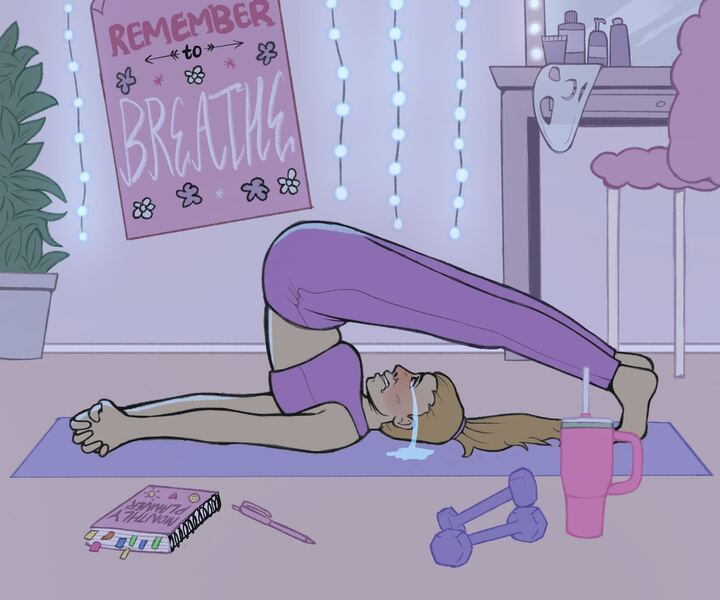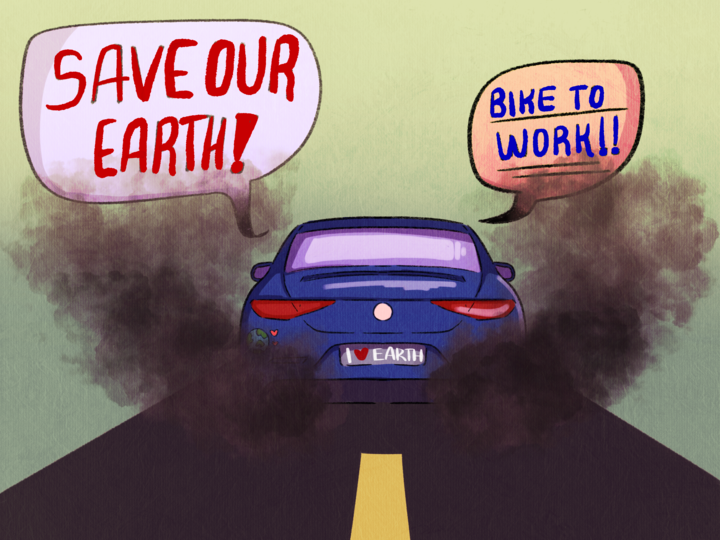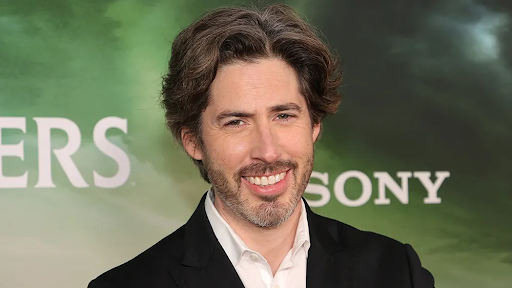More and more I find myself observing the Millennial trends we don’t like to talk about on Buzzfeed. For every pumpkin spice trending story, we have a mass shooting. Last week, right next to the latest Donald Trump gaffe, we had the Super Moon. And with that celestial event, as always, came apocalypse predictions.
And while every generation has experienced its fair share of apocalyptic predictions, ours seems to get the most publicity and attention. The earliest calamity I can remember worrying about was Y2K, something my parents comically under-prepared for by purchasing a case of water and some tuna, and storing them in our basement. That, for us, would’ve been a very short apocalypse.
But, of course, nothing came to pass. Next we had 2010, which hosted both Nostradamus and Biblical End Times predictions. Ultimately, the world failed to blink out of existence as Nostradamus predicted, and the great comet Wormwood did not fall from the sky and poison the land as written in Revelation.
Finally, in 2012, we had perhaps the most popular predicted End of the World with the end of the Mayan calendar. I was a freshman in college at the time, but I’ll admit to having breathed a little easier when I saw the clock go from 11:59 p.m. to 12:00 a.m. that night, signaling that we had, once again, avoided the apocalypse.
At this point, I refuse to even pay attention. The sky could turn red, purple lightning could start hitting the ground and I’d probably just go back to playing Skyrim. “Call me when Jesus rips open the clouds and the angels appear trumpeting his return,” is now my reply to on-campus apocalypse predictors.
Unfortunately, the rest of the nation has not followed me in this rejection of End Times-mania. As the Super Moon approached on Sept. 27, hysteria grew to a point where even the Mormon church felt compelled to release a statement.
“The Church encourages our members to be spiritually and physically prepared for life’s ups and downs,” the Church wrote. “This teaching to be self-reliant has been accompanied by the counsel of Church leaders to avoid being caught up in extreme efforts to anticipate catastrophic events.”
Good for them, though. You know things have gotten out of hand when even the Mormons have to tell other Americans to stop making stuff up. Christian and Jewish congregations especially seemed to fear this event, with CNN reporting that the popular theory stated that the last two eclipses happened in historically significant years such as 1492 and 1948, meaning something horrific is surely on its way this year.
Already, this theory is problematic in that there has never been a year that historians might describe as, “historically insignificant.” Imagine a textbook that read, “1873? Shit year. Nothing happened. Moving on…” Any time frame can have some relevant event attributed to it, and thus any eclipse can be said to occur just before “calamitous events.”
This obsession with the end of the world extends into popular culture as well. In the ’90s, when everyone was generally a bit more Jesus-y, the Left Behind series of novels and two terrible Kirk Cameron movies were at the top of best-seller lists. These works portrayed a very literal interpretation of the Book of Revelation, opening with the Rapture finally occurring, leaving nothing of Christians, save their puddled clothing in the streets.
Now that religion has fallen out of style, we as a nation have moved on to more secular, impossibly bleaker depictions of the apocalypse. What’s the most watched scripted series on television? “The Walking Dead,” of course. This was even worse in 2012, when new television series included “Falling Skies” and “Revolution,” which have since mercifully been cancelled.
Why the obsession then? It’s probably nothing too unique. Since the dawn of modern civilization, man has been obsessed with recording his own demise, whether that be on the massive or individual scale. Nothing is scarier than death, and so, like the also super-scary carcharodon carcharias—that’s a great white shark, people—we devote whole weeks to it on the Discovery Channel.
In our modern oppressive society, in which most of us feel that no one recognizes our true greatness, it’s also comfortable to imagine a simpler world, where all of our usual concerns fade away and all that’s left to worry about is scrounging for food or looking for better ways to kill zombies.
Of course, no one wants to consider that they might be the least suited for such an environment. Someone who can’t cut it in today’s cushy world of Elantras and lattes would probably be the first to go in a fight against Mad Max-style raiders. Still, we can dream.
Follow Greg Castro on Twitter.








